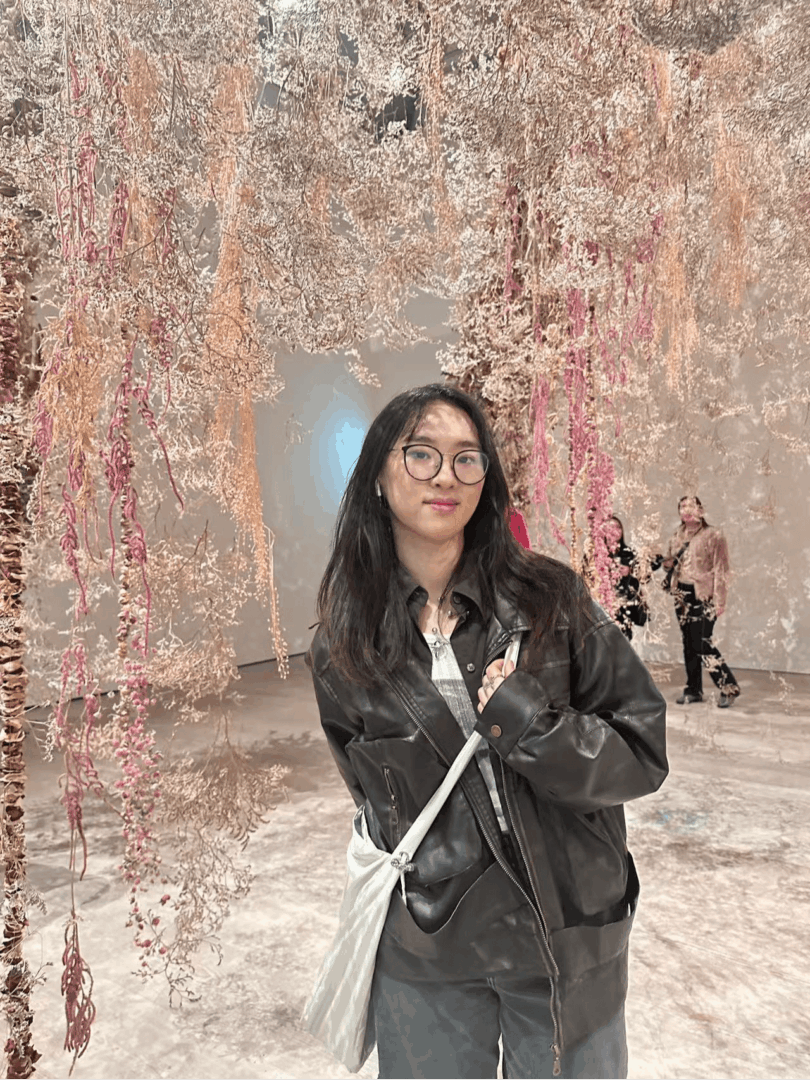We caught up with the brilliant and insightful Yinglin Zhu a few weeks ago and have shared our conversation below.
Yinglin, so great to have you sharing your thoughts and wisdom with our readers and so let’s jump right into one of our favorite topics – empathy. We think a lack of empathy is at the heart of so many issues the world is struggling with and so our hope is to contribute to an environment that fosters the development of empathy. Along those lines, we’d love to hear your thoughts around where your empathy comes from?
I think that design work itself provides me with plenty of opportunities to exercise empathy. I am also a person who pays close attention to the needs of people around me. When faced with the needs and problems of my friends, I will listen patiently and do my best to give feedback and help.
I also maintain the habit of being an ‘observer’ in my daily life. Every day when I walk on the road or sit in a cafe, I pay attention to the behaviour and emotions of the people around me, and pay attention to whether they encounter any obstacles when receiving services or using products. This habit allows me to really enter the user’s world, instead of just thinking from my own point of view. For example, once I saw an elderly man trying to use his mobile phone to scan his order, and it was very difficult for me when he frowned. Because it’s very difficult for them to get information from a palm-sized screen, reading fonts that look like ants to them.
I believe that empathy starts with the desire to make life a more fluid and comfortable experience for others. And empathy has been fostered in me through a variety of experiences in my life, sitting in a crowded underground, using a poorly designed kiosk. These real-life experiences make me pay more attention to those small but real inconveniences in daily life, and make me more determined to improve them with design.
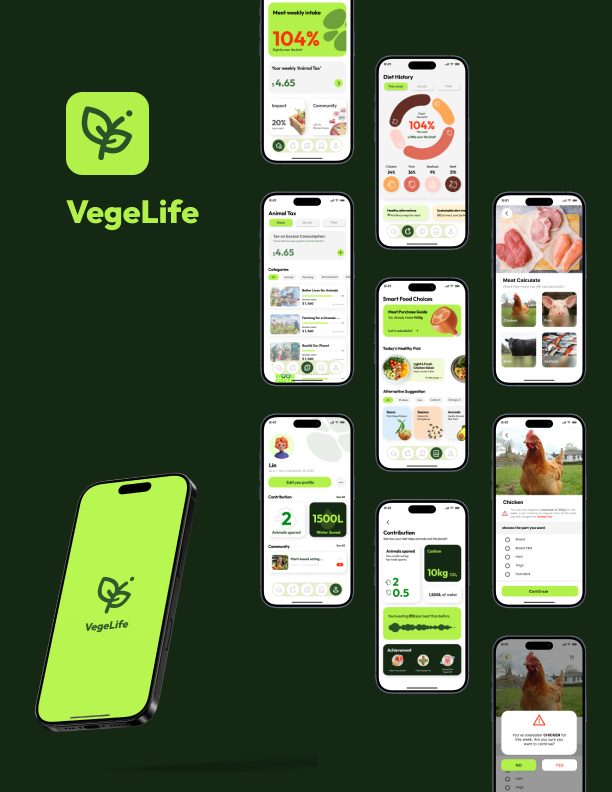
Let’s take a small detour – maybe you can share a bit about yourself before we dive back into some of the other questions we had for you?
I’m Yinglin Zhu, also known as Lillian, and I’m a designer specialising in UIUX and Service Design, which focuses on designing a variety of service processes, systems, and products to make the experience of using them more intuitive, smoother, and more enjoyable.
One thing I particularly like about this field is its diversity. You are exposed to different types of projects, face a variety of different problems, and have the opportunity to interact and collaborate with people from different backgrounds and with different needs. Although there are many challenges, there is always one core goal: to solve problems and meet needs through design, and to make a positive change in people’s lives as much as possible.
So far, I have been involved in a number of service design projects, and these experiences have given me a deeper understanding of this direction. I’ve always believed that good UIUX and service design should be ‘invisible’ – it should be silently integrated into the user’s daily life, so that the user can use it comfortably and smoothly without even thinking about what’s going on behind the scenes.
To do this, you have to really get into the lives of your users and understand their needs, habits and environment from their point of view. That’s why I’ve always tried to create designs that are closer to people by observing, listening and thinking differently.
In the future, I also hope to continue to explore more friendly, inclusive and creative solutions in this ever-changing field.
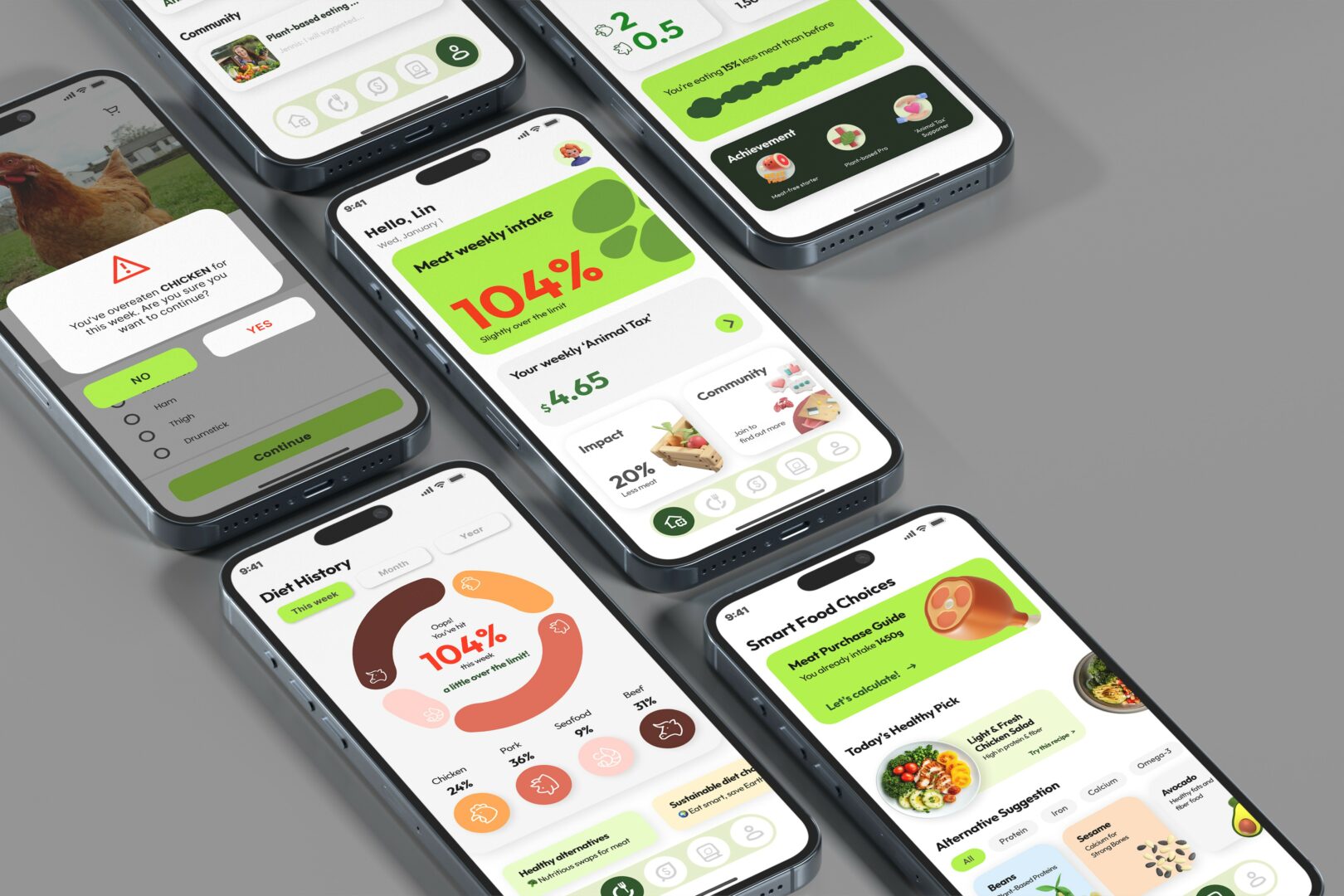
If you had to pick three qualities that are most important to develop, which three would you say matter most?
Actually, I haven’t been involved in many projects so far, so what I can share is more of a personal experience.
I think it’s especially important to stay open to different fields and new things. As I mentioned before, the design industry will come into contact with all kinds of projects, and it is only through more experimentation and understanding that I can slowly discover what I am really interested in and good at. This is also a process I am still exploring.
It is also very important to communicate more, listen more and observe more. Try to think from the user’s or customer’s point of view, not from the designer’s own point of view. It’s easy to take for granted that ‘this is how users should use it’, but in reality, users often think and act in unexpected ways. If you’re really not sure, take your design and ask people on the street for their opinions, you’ll often get a lot of new perspectives.
Another thing is to keep a willingness to learn. This industry changes so quickly, and each new project may require the use of a new tool or method. Don’t be afraid of not knowing what you’re doing at the beginning, it’s perfectly fine to learn by doing. I myself started with a lot of ‘no idea’ areas, but I was willing to spend time researching, talking to experienced people, and looking at case studies, so that I could slowly find my way. I believe that the learning process itself is very valuable.
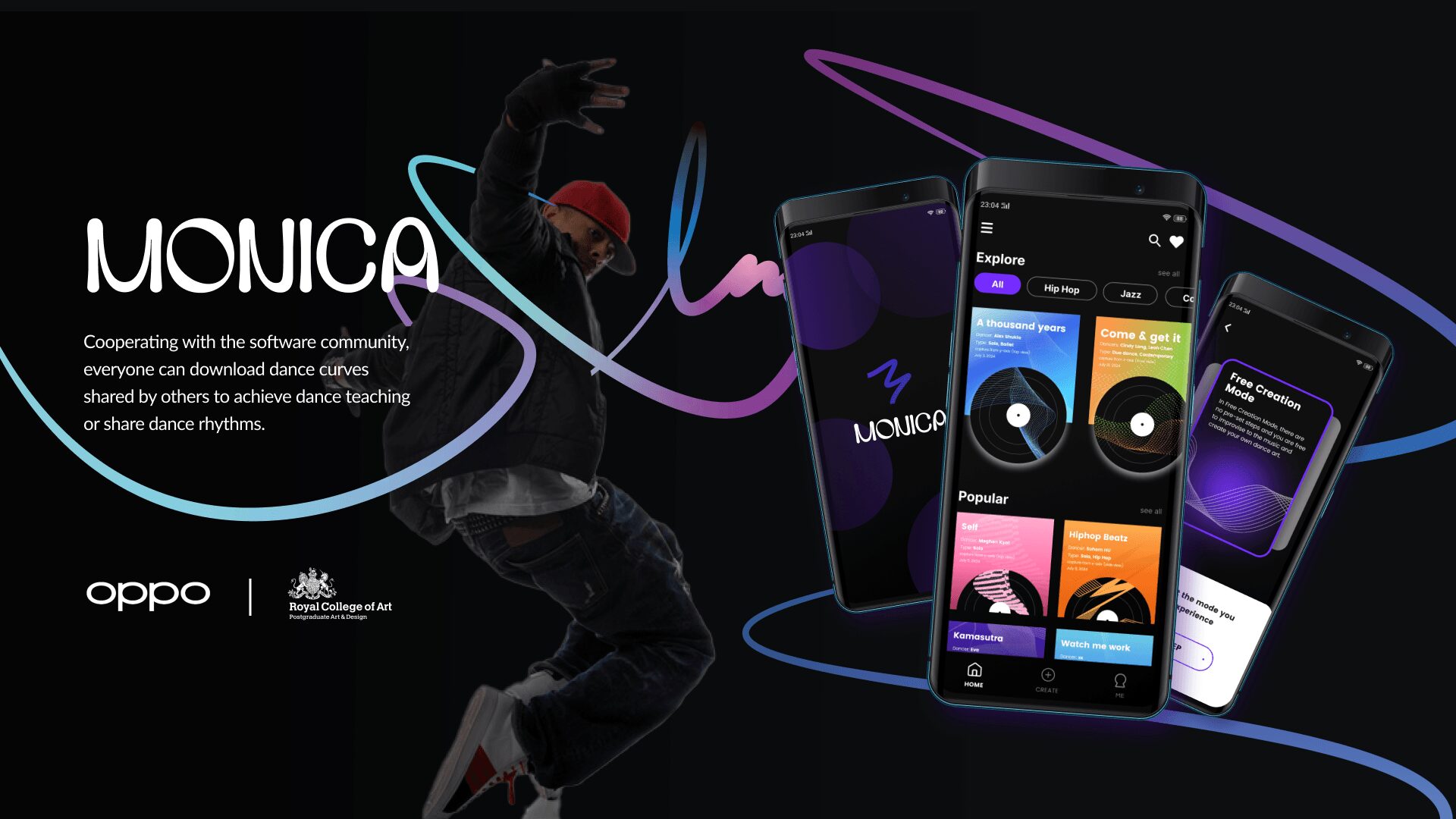
Okay, so before we go we always love to ask if you are looking for folks to partner or collaborate with?
I’m always open to collaborations and exchanges! I’d love to work with people who love design, care about user experience, or have expertise in different fields (like branding, illustration, content creation, etc.). I’m particularly interested in designs that have a warmth and a sense of storytelling that can really improve the user experience. Whether it’s a formal project, or an inspiration meeting, or a brainstorming session, I’m always happy to participate.
If you have similar ideas, or just want to chat about design and get to know each other, feel free to contact me! Find me at lillianz1017@gmail.com.
Contact Info:
- Website: https://www.lillianzhu1017.com/
- Linkedin: https://www.linkedin.com/in/yinglin-zhu-519aa81b9/
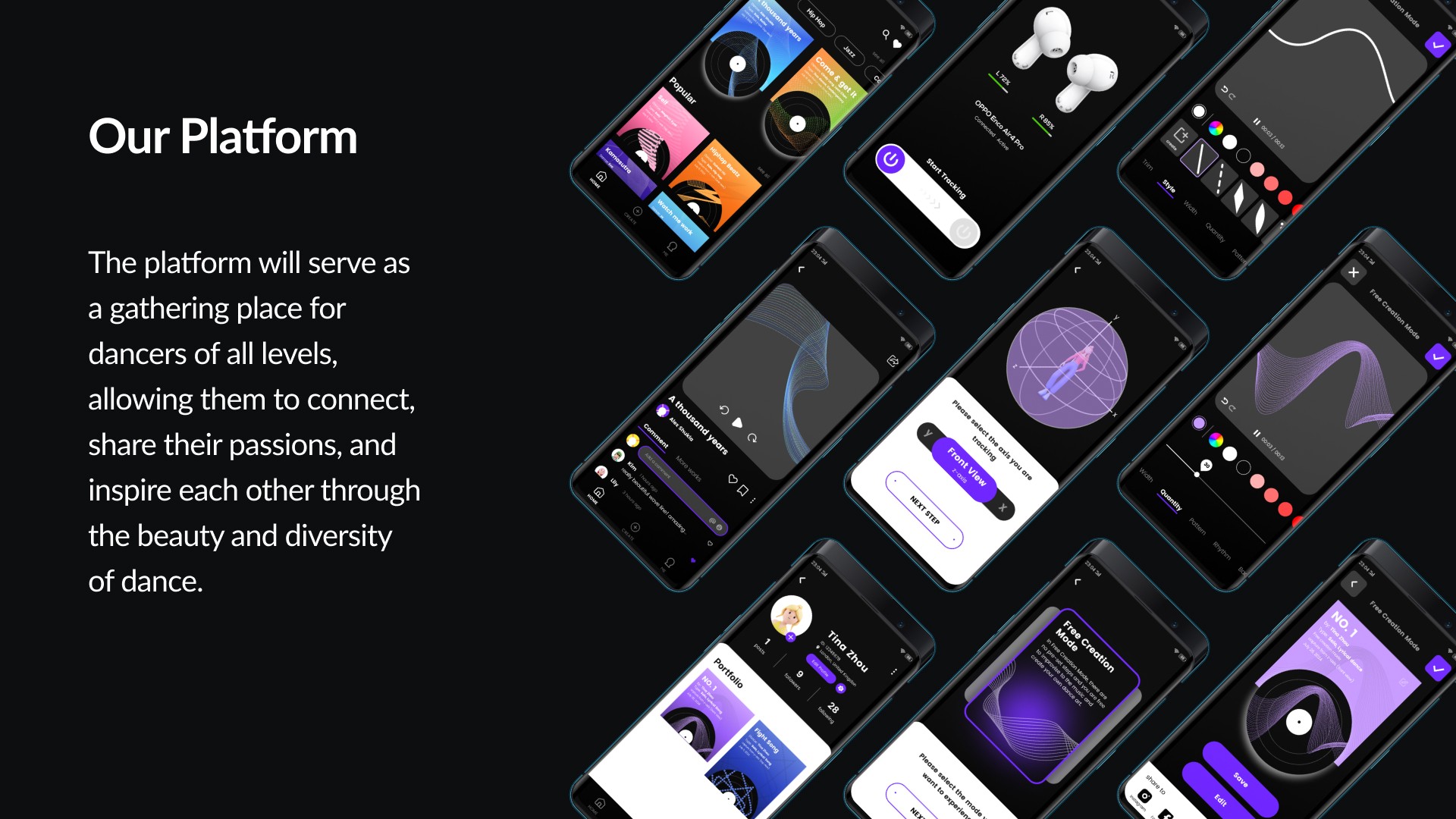
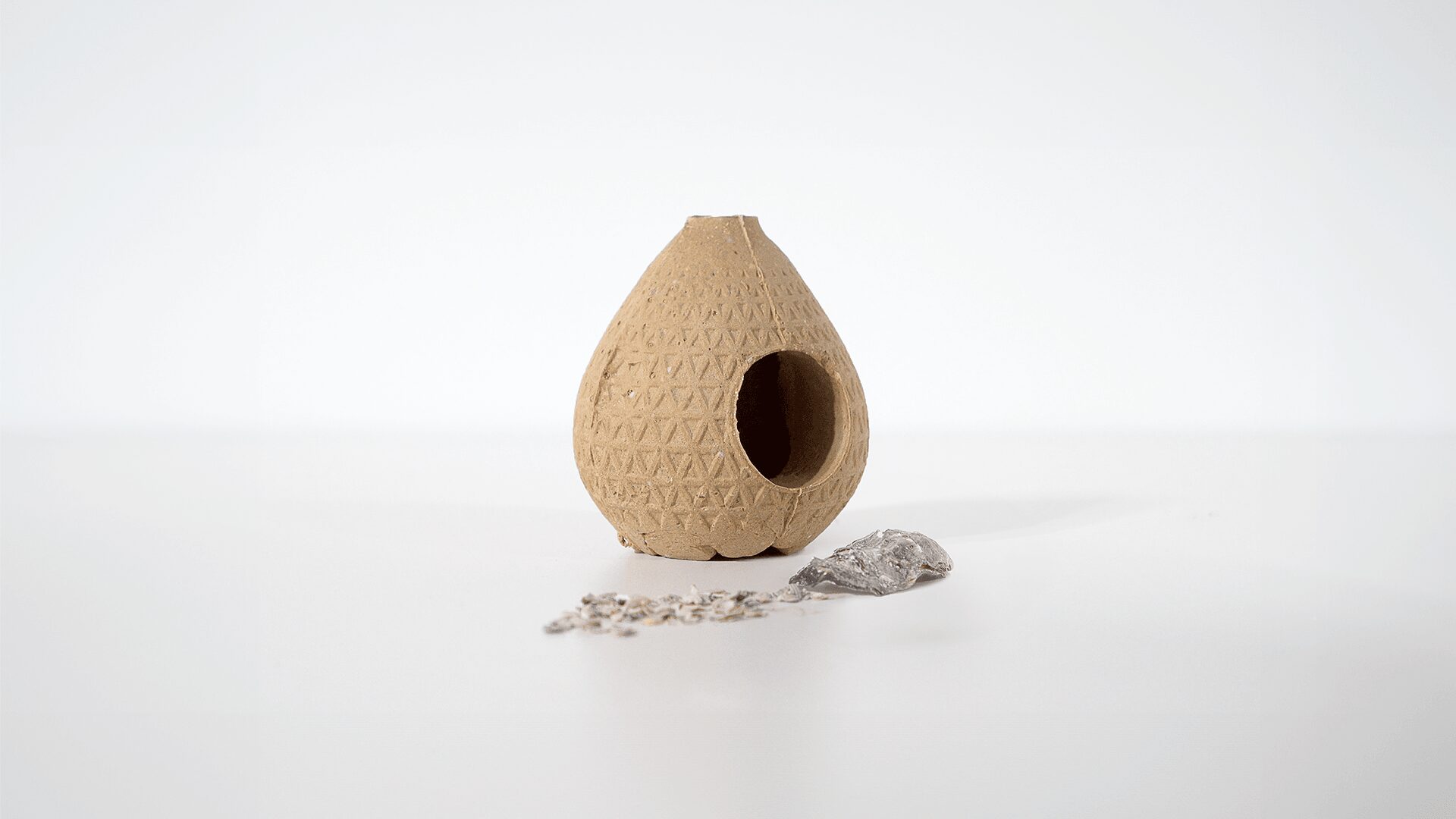

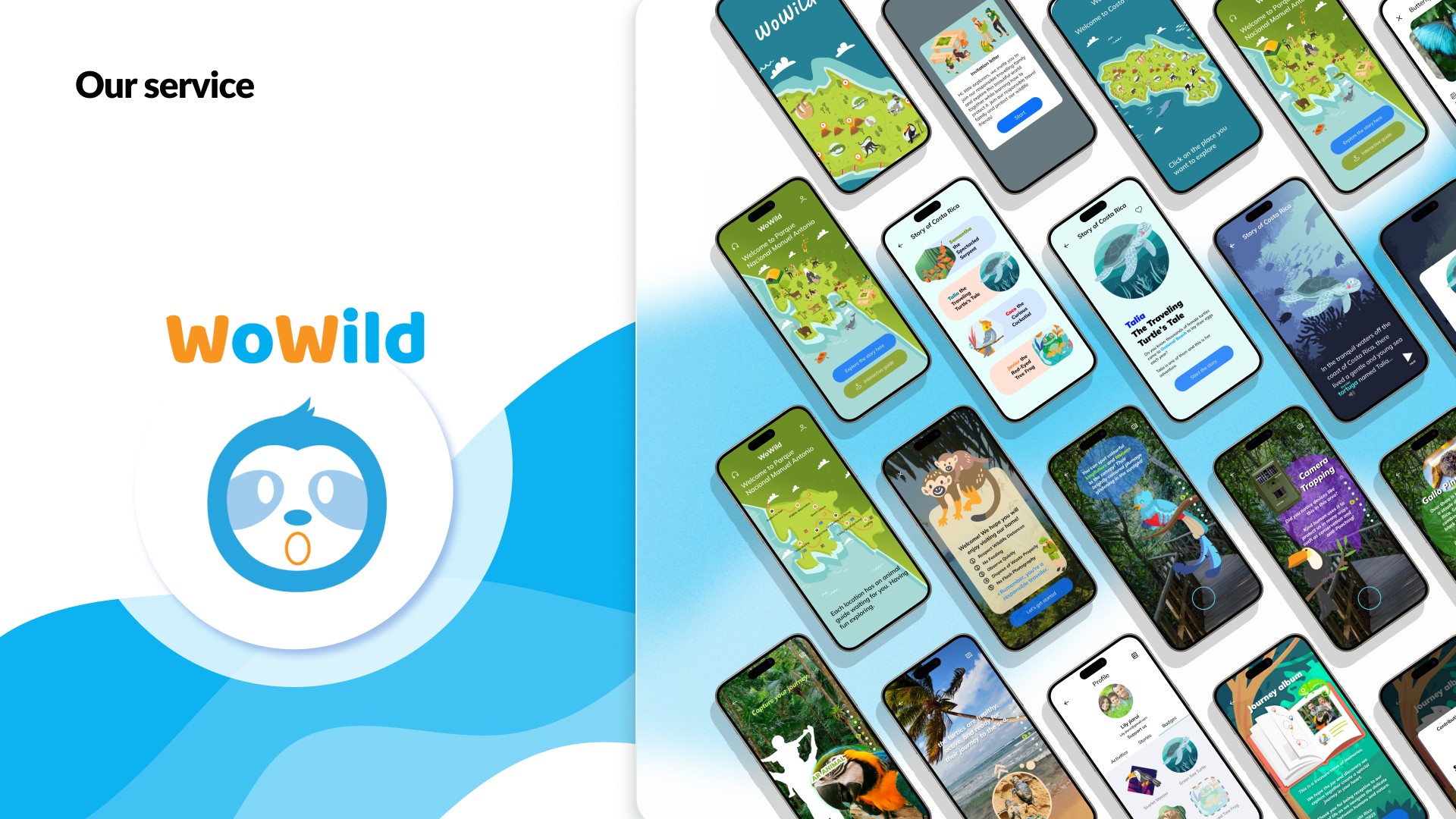
so if you or someone you know deserves recognition please let us know here.

